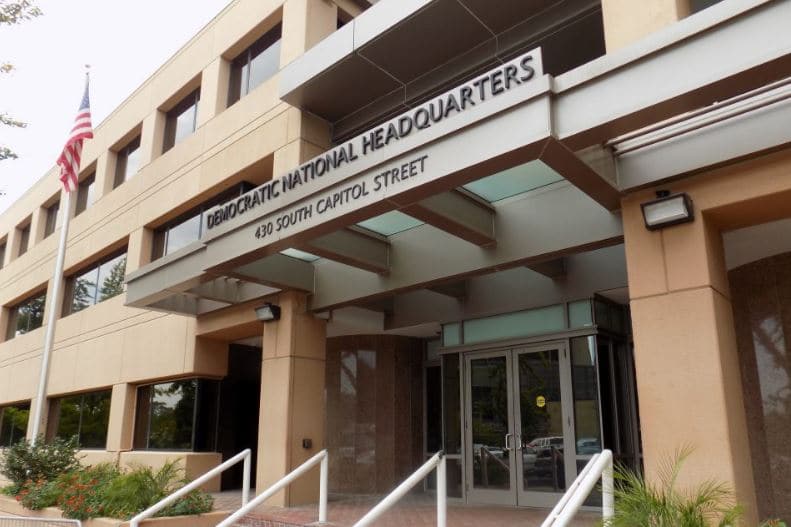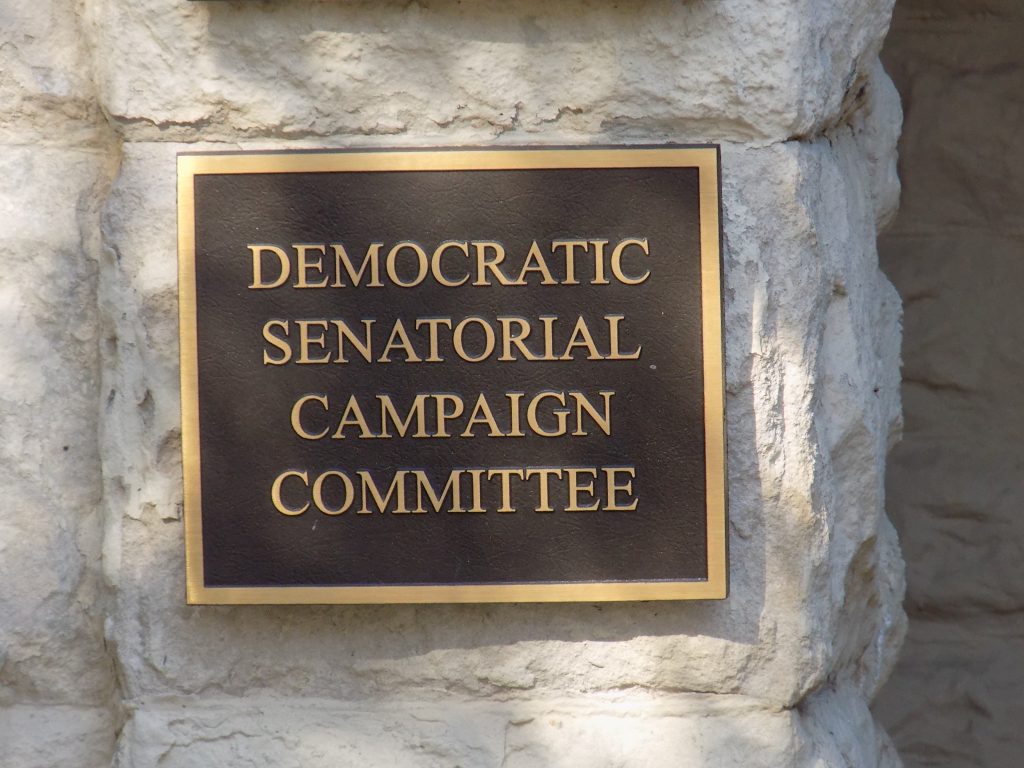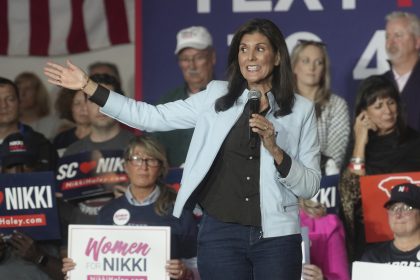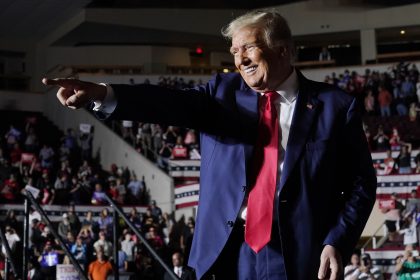Vendor’s Delay in Depositing Contributions Has DNC Seeking FEC Advice

WASHINGTON — Trouble with a longtime “caging” vendor has the Democratic National Committee and its senatorial campaign arm asking the Federal Election Commission whether they can retain and use contributions deposited after the 10-day deadline mandated by agency regulation.
In third-party direct mail fundraising, a caging agent receives contributions, processes donor mail and deposits all contributions to the client’s account. The Federal Election Campaign Act of 1971 requires contributions be deposited within 10 days after receipt.
But in a letter to the Federal Election Commission on June 28, the DNC and the Democratic Senatorial Campaign Committee say that beginning in April and for some time thereafter, an unidentified vendor with whom they’ve had a relationship for a dozen years, repeatedly missed the deadline for depositing contributions, in some cases by as much as 22 days.
“Vendor, to date, has provided a number of explanations for its delay, including claims of staff turnover, staff unavailability due to COVID-19 infections and a significant uptick of contributions received by its other clients due to global events (e.g., the war in Ukraine),” says the letter, which was written by the committees’ attorneys at the Elias Law Firm.
The letter goes to say the committees themselves obviously had no control over any of these causes, and that the situation was compounded by the fact they didn’t get adequate notice of the problems, which, they say, “could have enabled them to prevent the problem.”
“When committees learned of this issue, they promptly took steps to assess and correct the problem, including frequent communications with vendor’s personnel, engaging counsel, and demanding orally and in writing that vendor immediately cease violating their clear contractual and legal obligations,” the letter continues.
Since these steps were taken, the committees say, the vendor is no longer processing or depositing contributions more than 10 days after they have been received.
But that still leaves them with a regulatory quandary on their hands. What to do with the large number of contributions — many of them in low dollar amounts, the letter says — that were deposited anywhere from “a day or two after the required timeframe” to 32 days after their receipt.

The committees say they have segregated the contributions deposited after the 10-day deadline, thereby preventing their use in any campaign, and are asking the FEC to issue an expedited decision on what they need to do next.
The committees, of course, want to keep the money, arguing that “any effort … to refund all of the contributions will be of limited effectiveness.
“Given the way that the contributions were received and the financial structures of committees, any refunds of late-deposited contributions would have to be issued via check. Moreover, due to the volume of contributions, it would be some time before all the refunds could be issued,” the letter says.
Further, the committees write, it has been their experience that donors very frequently don’t cash refund checks issued by political committees. “This compels committee to repeatedly recut checks and eventually disgorge the corresponding funds to the U.S. Treasury,” they said.
“In the current age, many donors do not take notice of small checks sent in the mail, believing that the checks are spam or misplacing them before they can ever be deposited. The status quo is currently that all of the contributions sent to committees from their supporters have been deposited, according to the supporters’ wishes,” the letter states.
“Any effort to do a mass refund of late deposited contributions will result in months of attempted reimbursements and, ultimately, a frustration of the intent of many contributors who wished to give to committees and thought their donation was successful, only to have their funds sent to the U.S. Treasury,” it says.
The committees’ attorneys, Graham Wilson, Jacquelyn Lopez, Jonathan Peterson, Andrea Levien and Zachary Morrison, then lay out their legal arguments for why the FEC should allow them to keep the late-deposited funds.
“While political committees do have some responsibility for the actions of their ‘agents’ in addition to employees, there are also real differences between the control over employees and independent contractors,” they write.
“This is not to say that the commission should permit committees to deposit and use untimely deposited contributions in every case in which a vendor with which it contracts fails to deposit contributions within 10 days. Rather, consistent with commission precedent, the commission should analyze the specific factual circumstances presented, including the reason for the delay, whether the committees contractually required vendor’s compliance with the act, and whether the committees took prompt action to remedy any delays.
“In this matter,” they continue, “[the] committees took every step reasonably possible to ensure that its vendor met the requirement to deposit contributions within 10 days. The error was not their fault, nor was it due to their wrongful actions. And … the lack of any issues over the years committees have worked with the vendor demonstrates the uniqueness of the situation at hand.”
The attorneys cite several instances where the FEC has allowed the use of contributions that were deposited or transferred into accounts late for a variety of reasons beyond the committees’ control, including mistakes made by postal employees and banks failing to process transfers in a timely fashion.
They also note that the 10-day deposit requirement “was designed to encourage the prompt disposition of contributions rather than permit ‘stale’ checks to be kept lying around or lost.”
“Here, no stale checks were left around or lost. Rather, they remained in vendor’s custody and were deposited within 11 and 32 days of receipt,” the wrote.
The attorneys contend that FEC regulations do not provide guidance to committees that have received contributions but are unable, through the fault of their vendor, to deposit or refund the contributions within the required 10 days, and conclude by noting that there is no regulation that requires a committee to return already deposited contributions that were deposited outside of the 10-day window through no fault of the committee.
The Well News reached out to the DNC, the DSCC and to the lead lawyers who drafted the letter, but received no response.
The FEC will accept written comments on the request during the 10-day period following publication of the request (no later than July 18) and must issue a response no later than 60 days after the receipt of the complete request, that is, Aug. 29, 2022.
Dan can be reached at [email protected] and @DanMcCue
























